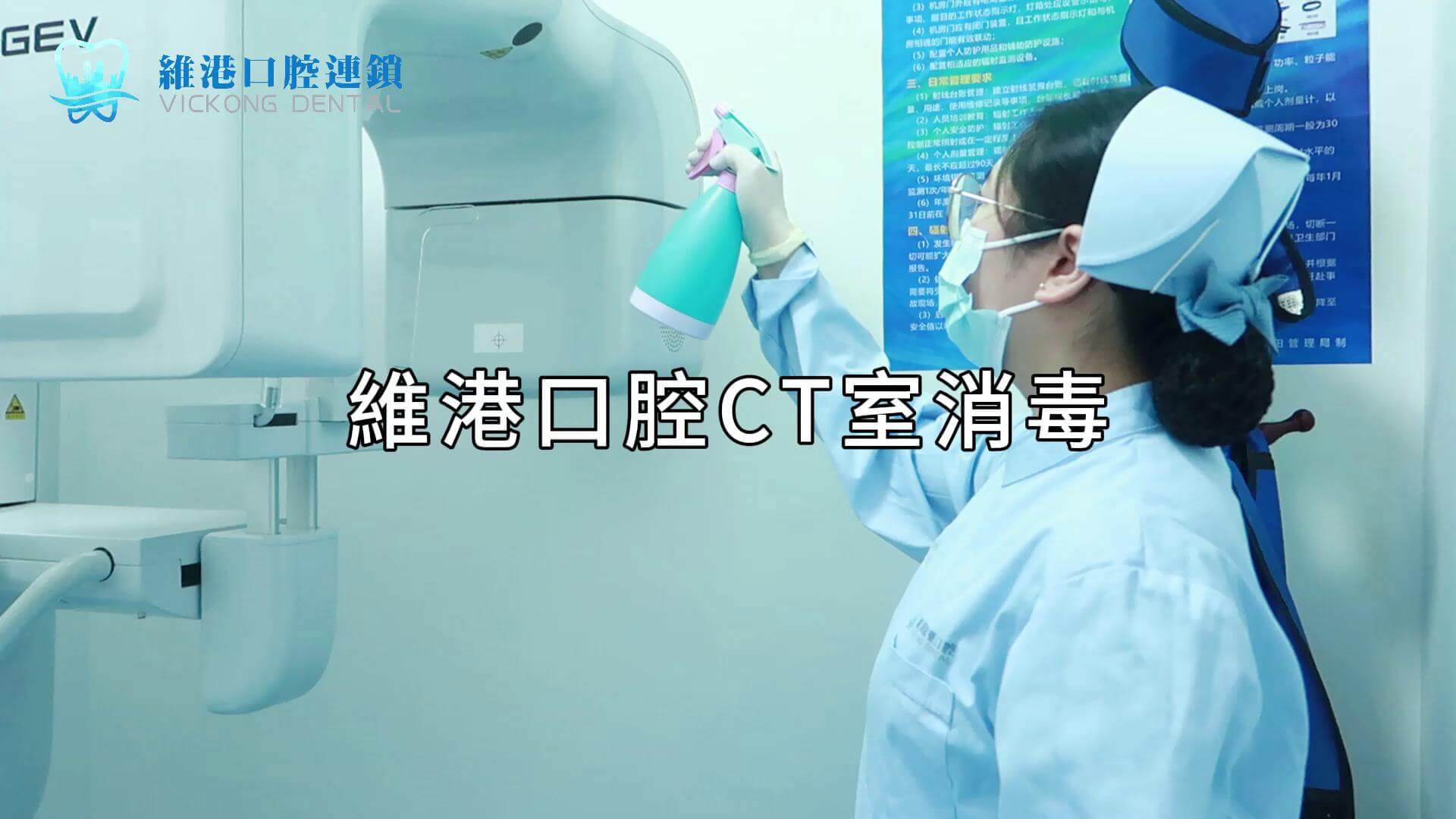**How to Handle Insufficient Jawbone for Dental Implants in Mainland China?**
In recent years, many Hong Kong residents have been heading to Mainland China for dental treatments. Many find the dental technology and equipment in China to be adequate and appreciate the wider range of options available. However, those planning to get dental implants often encounter a common issue—insufficient jawbone. What does this mean, and how can it be effectively managed?
**Causes of Insufficient Jawbone**
The jawbone, professionally known as the alveolar bone, is crucial for fixing teeth into place. For dental implants, artificial roots must be inserted into the jawbone. If the bone lacks thickness or height, securing the implant becomes challenging. There are several reasons for insufficient jawbone, including a lack of immediate treatment after tooth loss, prolonged absence of dental stimulation leading to gradual bone absorption, periodontal disease leading to bone loss, or damage from injury.
**Importance of Pre-implant Assessments in Mainland China**
Whether in Hong Kong or the Mainland, professional dentists typically recommend comprehensive assessments, such as full-mouth X-rays or CBCT scans, which provide a clear view of the jawbone’s height, thickness, and density. If youre planning to get your treatment in Mainland China, ensure thorough communication with your dentist beforehand to discuss any jawbone deficiencies, as this will affect the entire treatment plan.
**Common Solutions for Insufficient Jawbone**
1. **Bone Grafting**
When jawbone is insufficient, dentists can perform bone grafting before the implant procedure. This involves supplementing the deficient bone with artificial bone powder, animal-derived bone powder, or autograft bone. Post-grafting, several months are needed for the bone to integrate with surrounding tissues before proceeding with the dental implant.
2. **Sinus Lift**
For upper rear teeth with insufficient bone height, dentists can perform a sinus lift. This procedure raises the floor of the maxillary sinus, simultaneously filling it with bone powder to enhance height and ease implant stability.
3. **Immediate Implant Post-extraction**
In certain cases, i

f a tooth hasn’t completely lost bone support, immediate post-extraction implantation can be considered. This method minimizes jawbone loss but demands high technical expertise and suitable bone conditions.
**Considerations for Dental Implants in Mainland China**
- **Clear Communication:** When opting for dental procedures in Mainland China, be mindful of the terminology used by dentists, as expressions in Mandarin may differ from Cantonese. Familiarize yourself with basic terms to avoid communication errors.
- **Treatment Scheduling:** Bone grafting requires time for integration, possibly necessitating multiple trips to Mainland China. Plan your schedule accordingly.
- **Post-surgery Care:** Post bone grafting or sinus lift, wound care is crucial. Follow the dentist’s instructions regarding medication, oral hygiene, and avoid hard foods or excessive chewing at surgery sites.
- **Regular Check-ups:** Regardless of where you undergo dental treatment, regular follow-ups ensure the stability of your jawbone and implant.
**Insufficient Jawbone Doesn’t Mean No Implants**
Many assume insufficient jawbone rules out dental implants. However, modern dental technology is highly advanced, allowing surgical improvements in most cases of bone deficiency. Each persons situation varies, and dentists will tailor a plan based on the location, height, density of your jawbone, and overall oral health. Finding a reputable dentist with proven expertise—whether in Mainland China or Hong Kong—along with a detailed plan and patience, is crucial.
**Conclusion**
Going to Mainland China for dental implants indeed offers more choices, but encountering insufficient jawbone should be approached calmly. A step-by-step process involving assessments, grafting, healing, and implantation provides a stable and long-lasting solution. Remember, stable jawbone is like a foundation for a building—strong foundation, steady building; adequate jawbone and stable implants mean peace of mind.
If youre interested, I can also write an article on "Post-Implant Care Tips for Dental Implants in Mainland China" as an SEO supplemental content. This could enhance your sites traffic on "Mainland Dental Care." Would you like me to do that?

























